[...]Amor and Psyche. There was nothing common about it. An absolute classic—full and harmonious. And for all that, fascinatingly new. It was fresh, but not frenetic. It was floral, without being unctuous. It possessed depth, splendid, abiding, voluptuous, rich brown depth—and yet was not in the least excessive or bombastic.
[...]"It has a cheerful character, it's charming, it's like a melody, puts you in a good mood at once....What nonsense, good mood!" And he flung the handkerchief back onto his desk in anger, turned away, and walked to the farthest corner of the room, as if ashamed of his enthusiasm.
Ridiculous! Letting himself be swept up in such eulogies—"like a melody, cheerful, wonderful, good mood." How idiotic. Childishly idiotic. A moment's impression. An old weakness. A matter of temperament.
[...]But you[...]are not going to be fooled. You were surprised for a moment by your first impression of this concoction. But do you know how it will smell an hour from now when its volatile ingredients have fled and the central structure emerges? Or how it will smell this evening when all that is still perceptible are the heavy, dark components that now lie in odorous twilight beneath a veil of flowers? Wait and see...!
The second rule is: perfume lives in time; it has its youth, its maturity, and its old age. And only if it gives off a scent equally pleasant at all three different stages of its life, can it be called successful. How often have we not discovered that a mixture that smelled delightfully fresh when first tested, after a brief interval was more like rotten fruit, and finally reeked of nothing but the pure civet we had used too much of. Utmost caution with the civet! One drop too much brings catastrophe. An old source of error. Who knows—perhaps Pélissier got carried away with the civet. Perhaps by this evening all that's left of his ambitious Amor and Psyche will just be a whiff of cat piss. We shall see.
[...]Just as a sharp ax can split a log into tiny splinters, our nose will fragment every detail of this perfume. And then it will be only too apparent that this ostensibly magical scent was created by the most ordinary, familiar methods. We...shall catch Pélissier, the vinegar man, at his tricks. We shall rip the mask from his ugly face[...]
Patrick Süskind,
Perfume: The Story of a Murderer
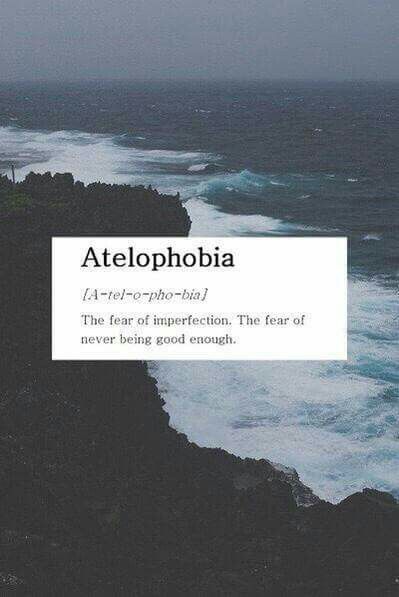

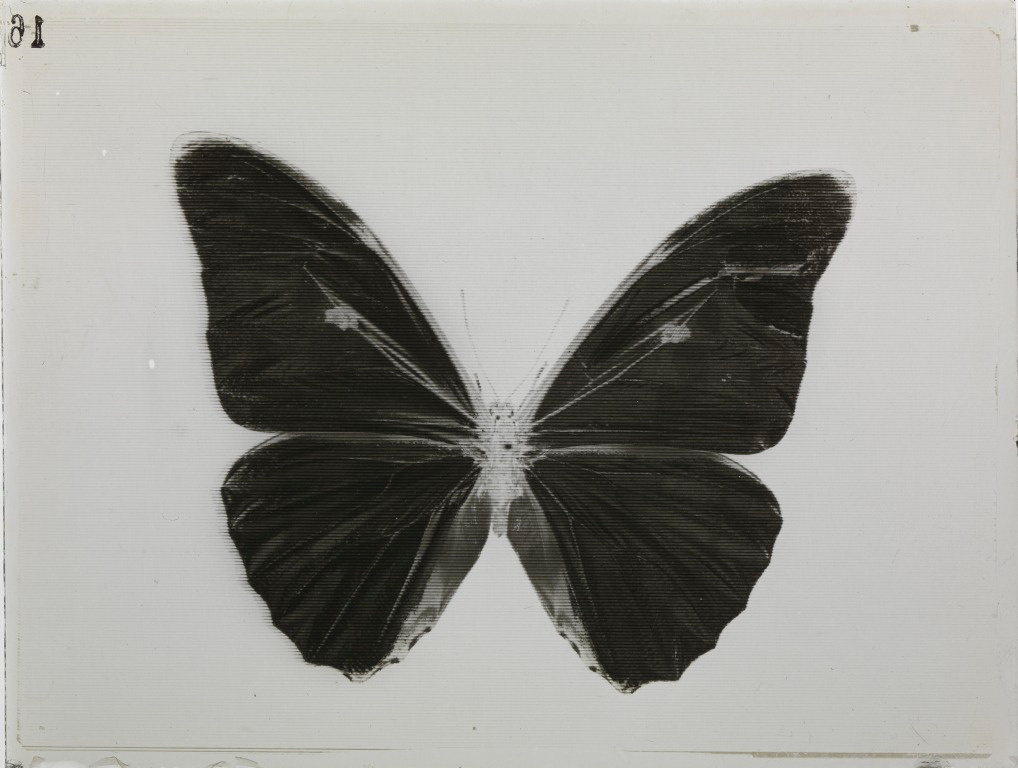



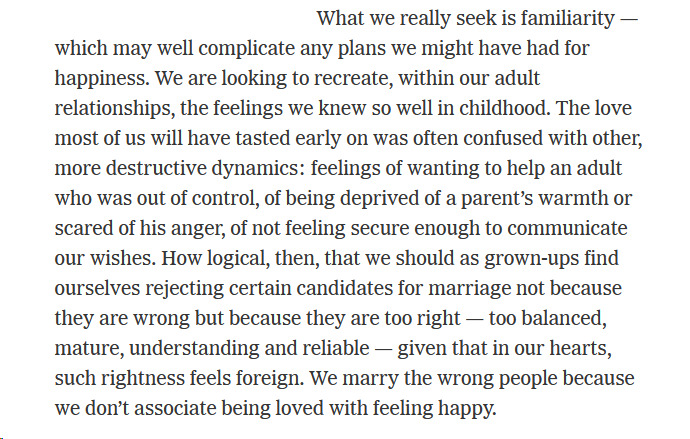
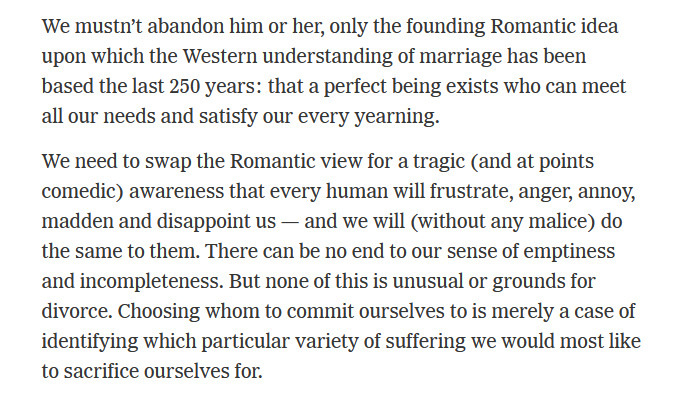
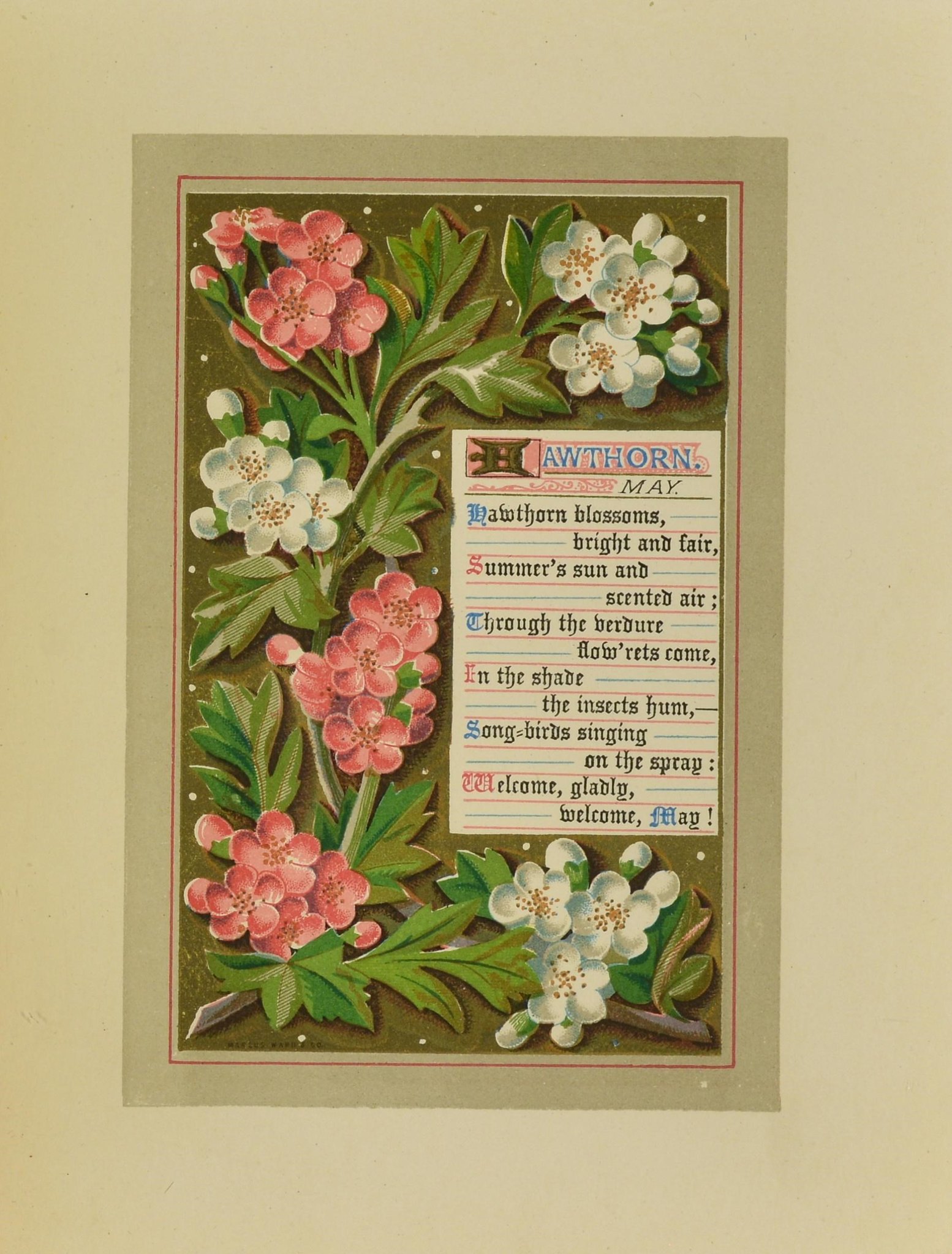

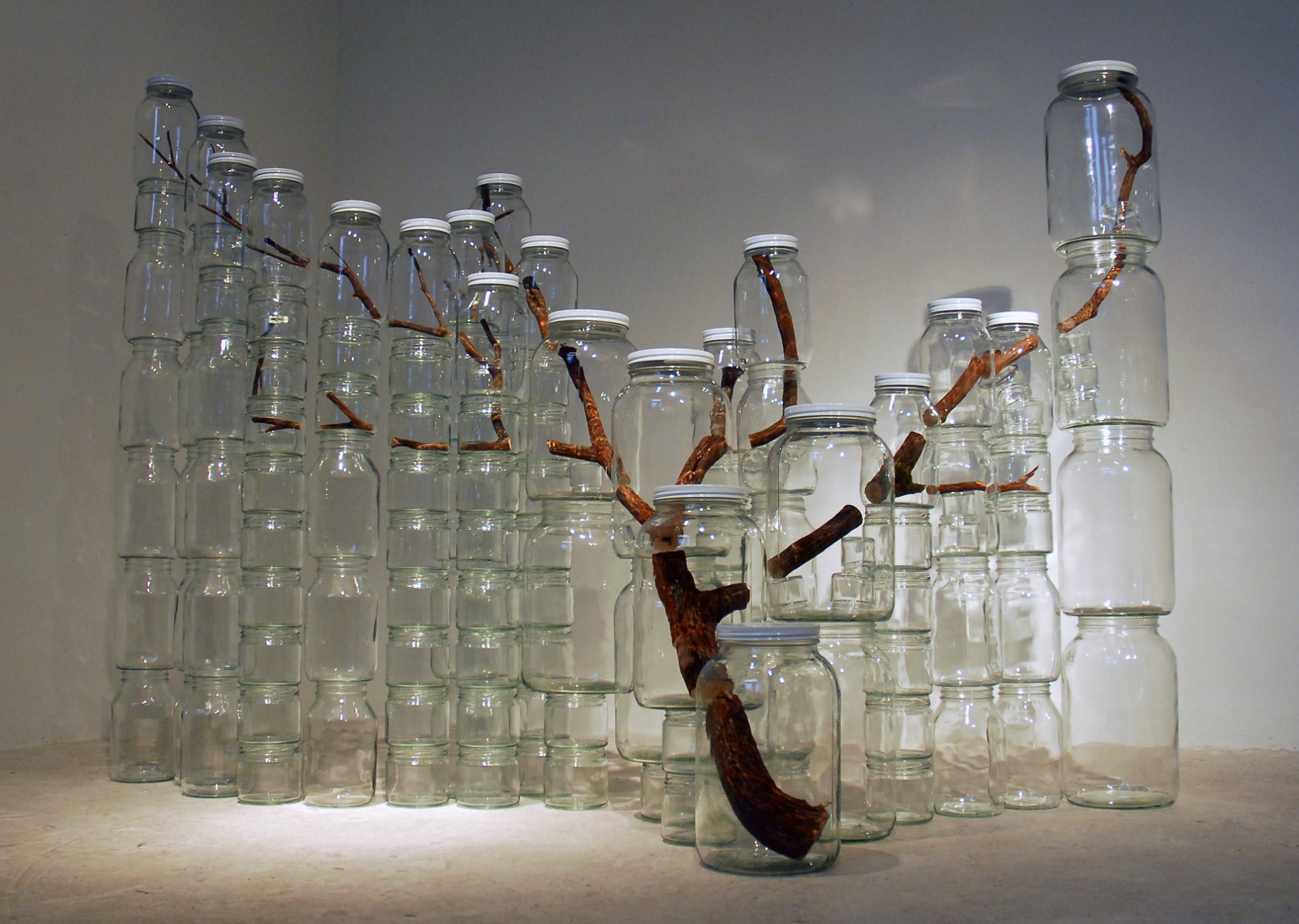
 Naoki Ito, Urban Nature (2009)
Naoki Ito, Urban Nature (2009)
 Bertel Thorvaldsen, Cupid and Hymen
Bertel Thorvaldsen, Cupid and Hymen
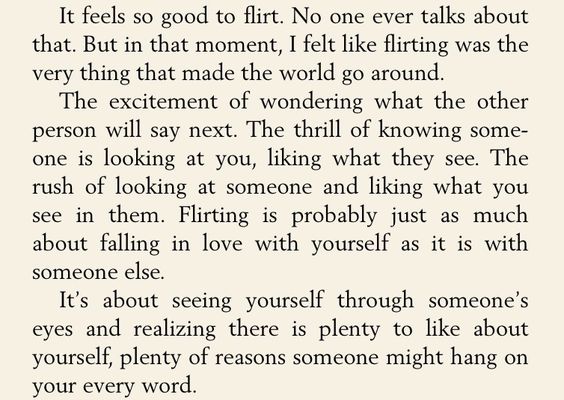 Taylor Jenkins Read, One True Loves
Taylor Jenkins Read, One True Loves Phoebe Waller-Bridge, Fleabag 2.03
Phoebe Waller-Bridge, Fleabag 2.03

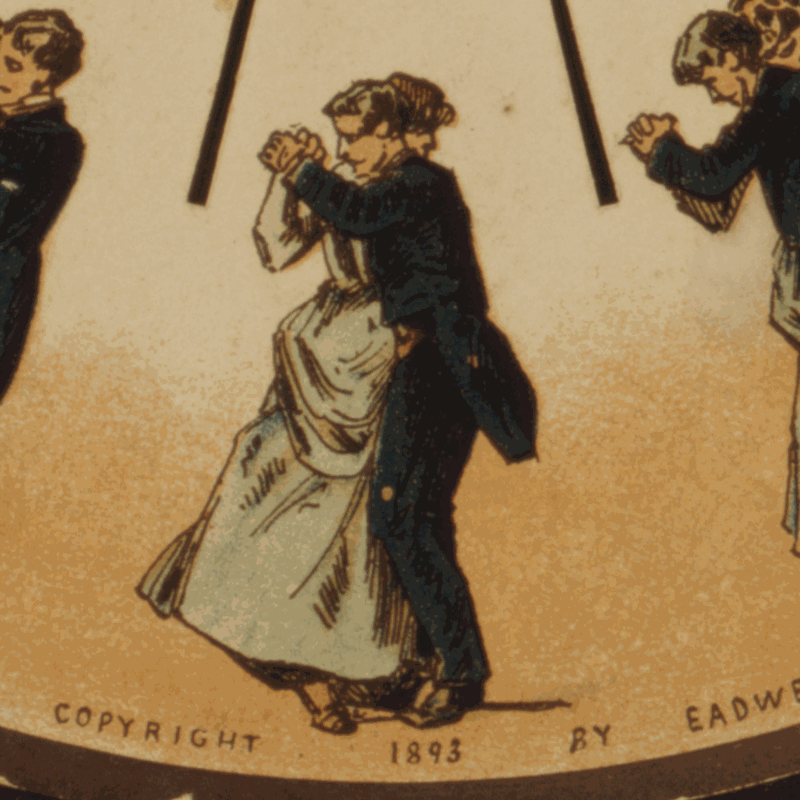
 Fleet Foxes - Someone You'd Admire
Fleet Foxes - Someone You'd Admire
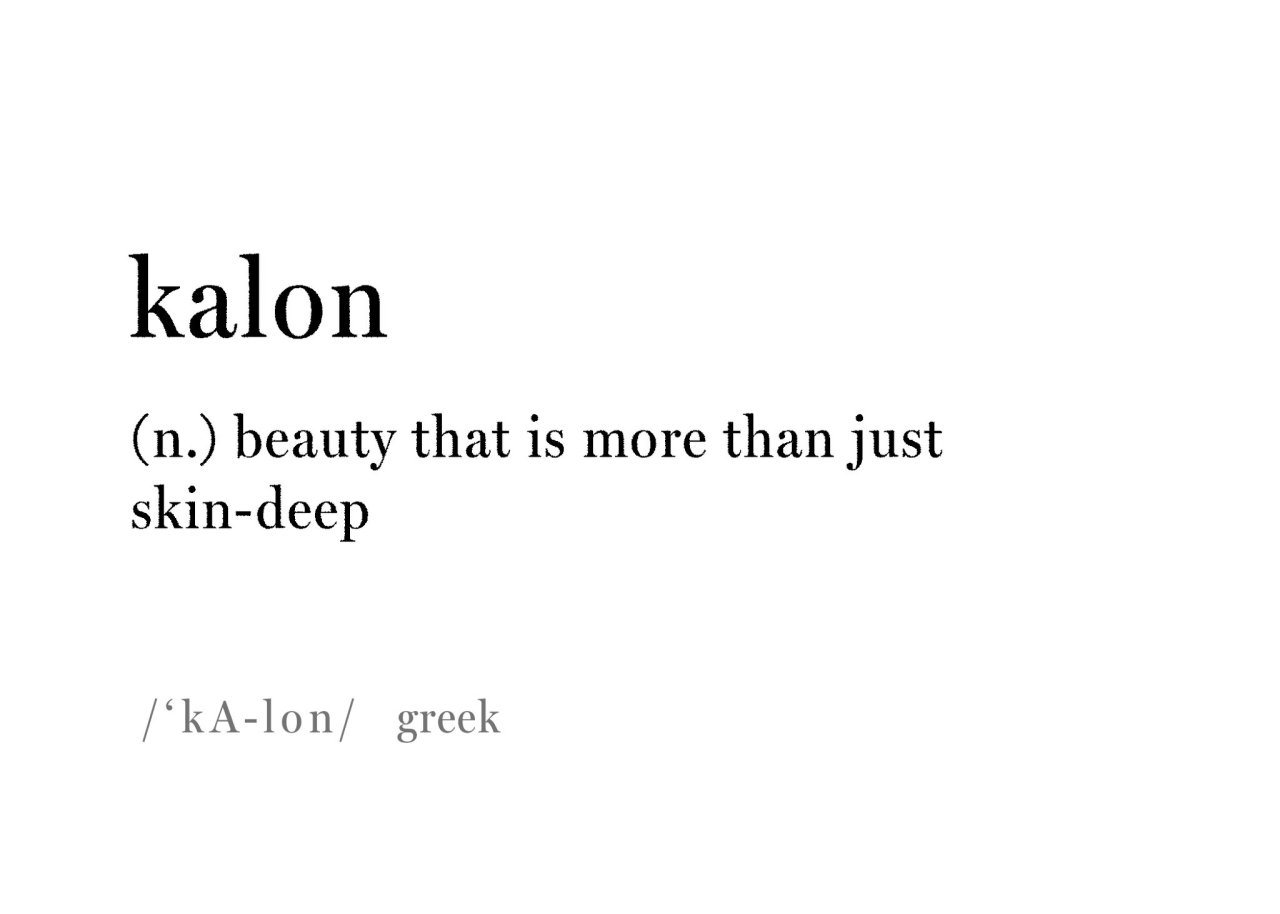
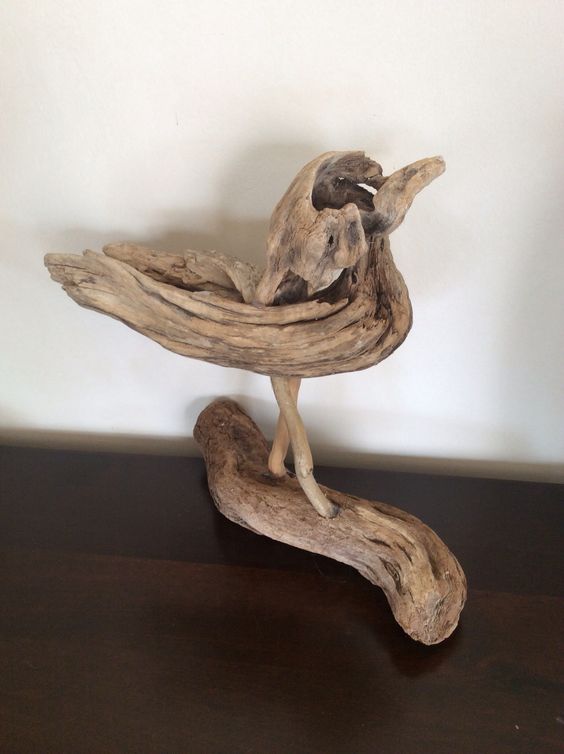
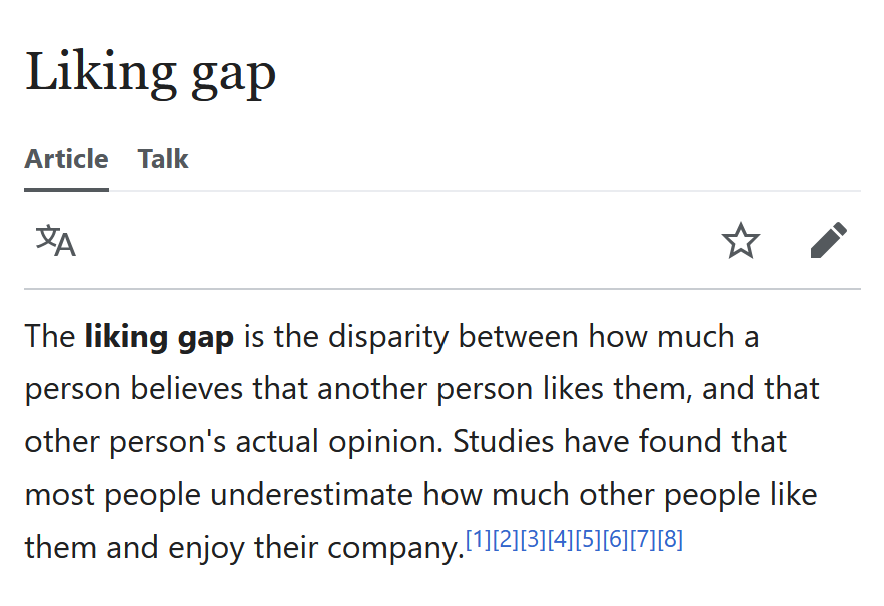
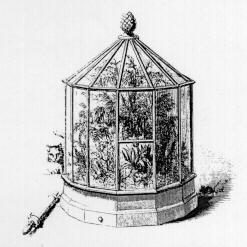
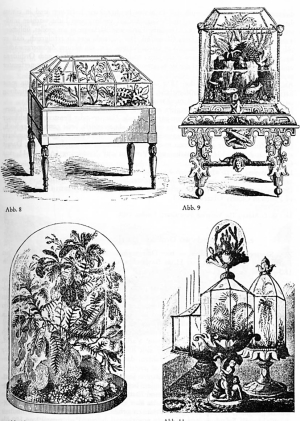
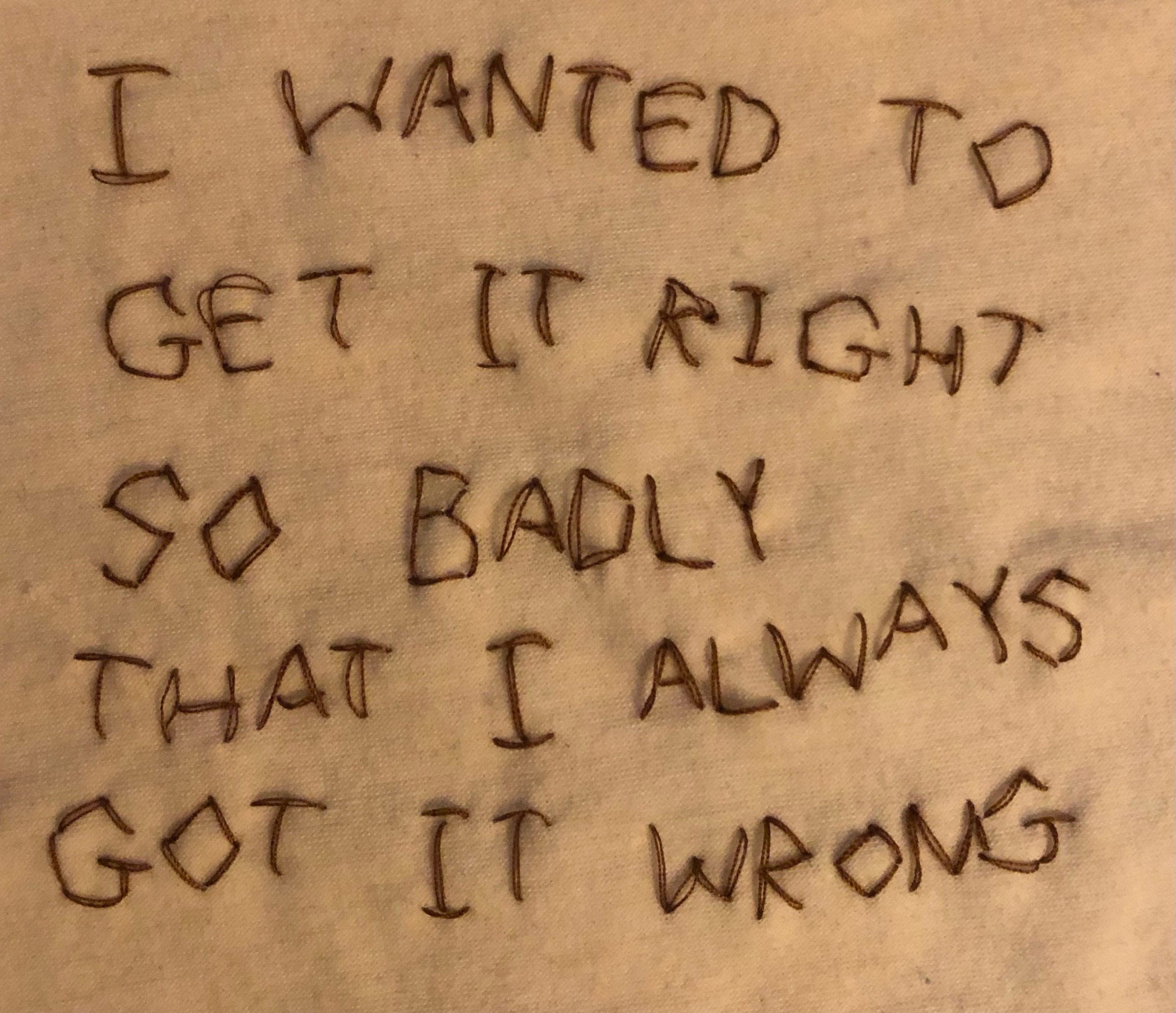

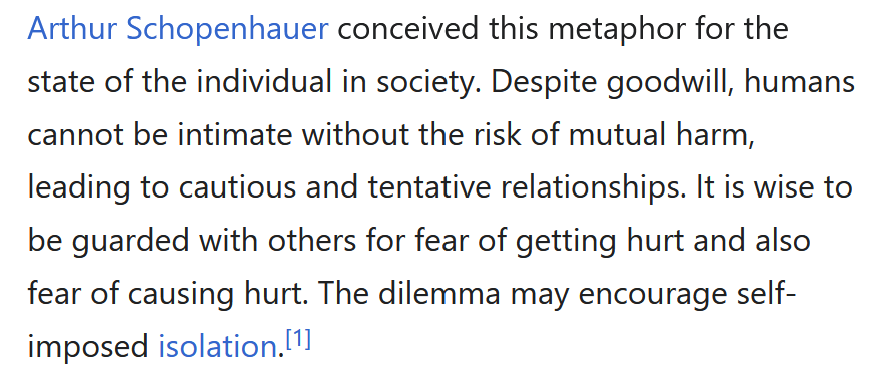

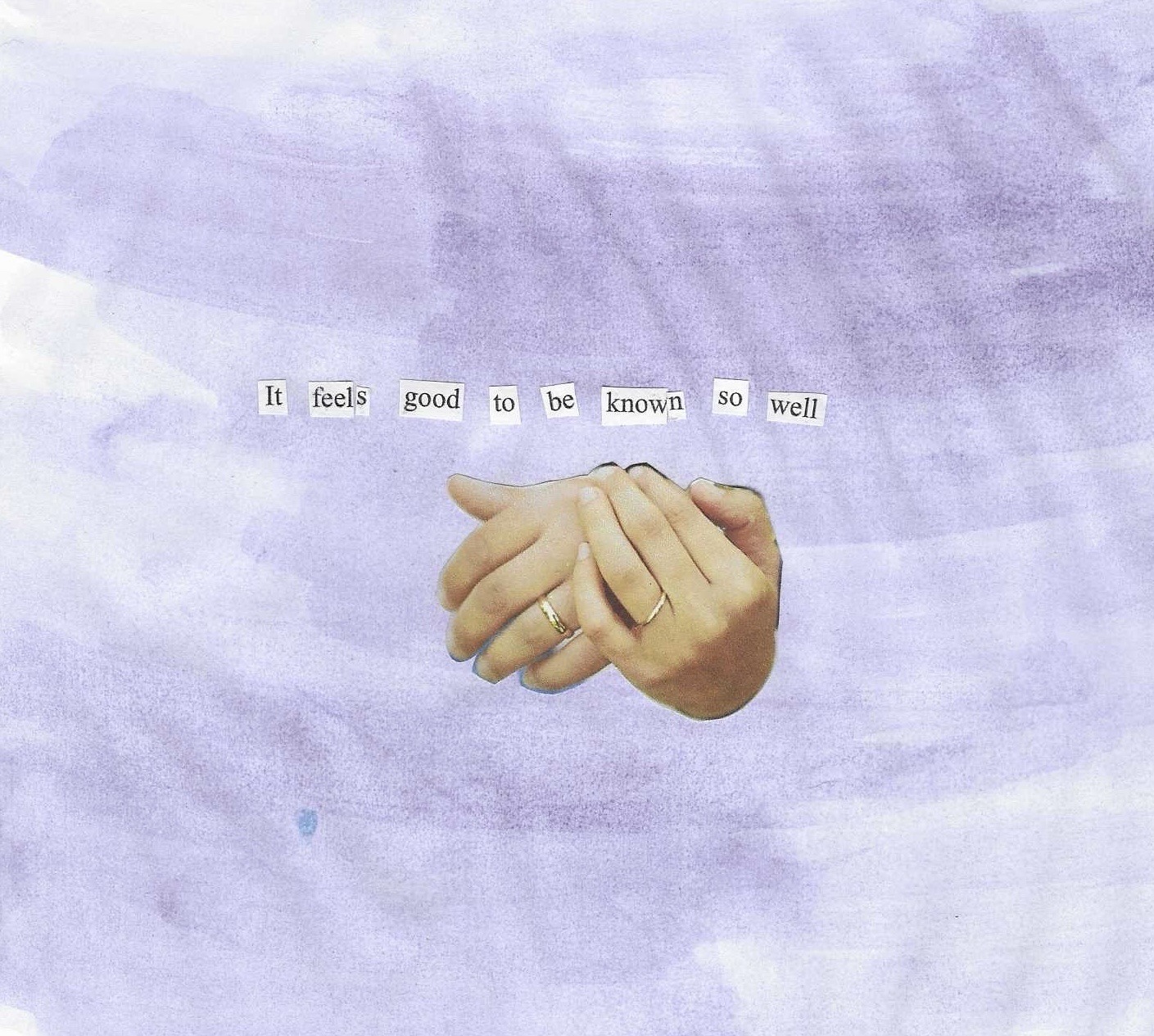
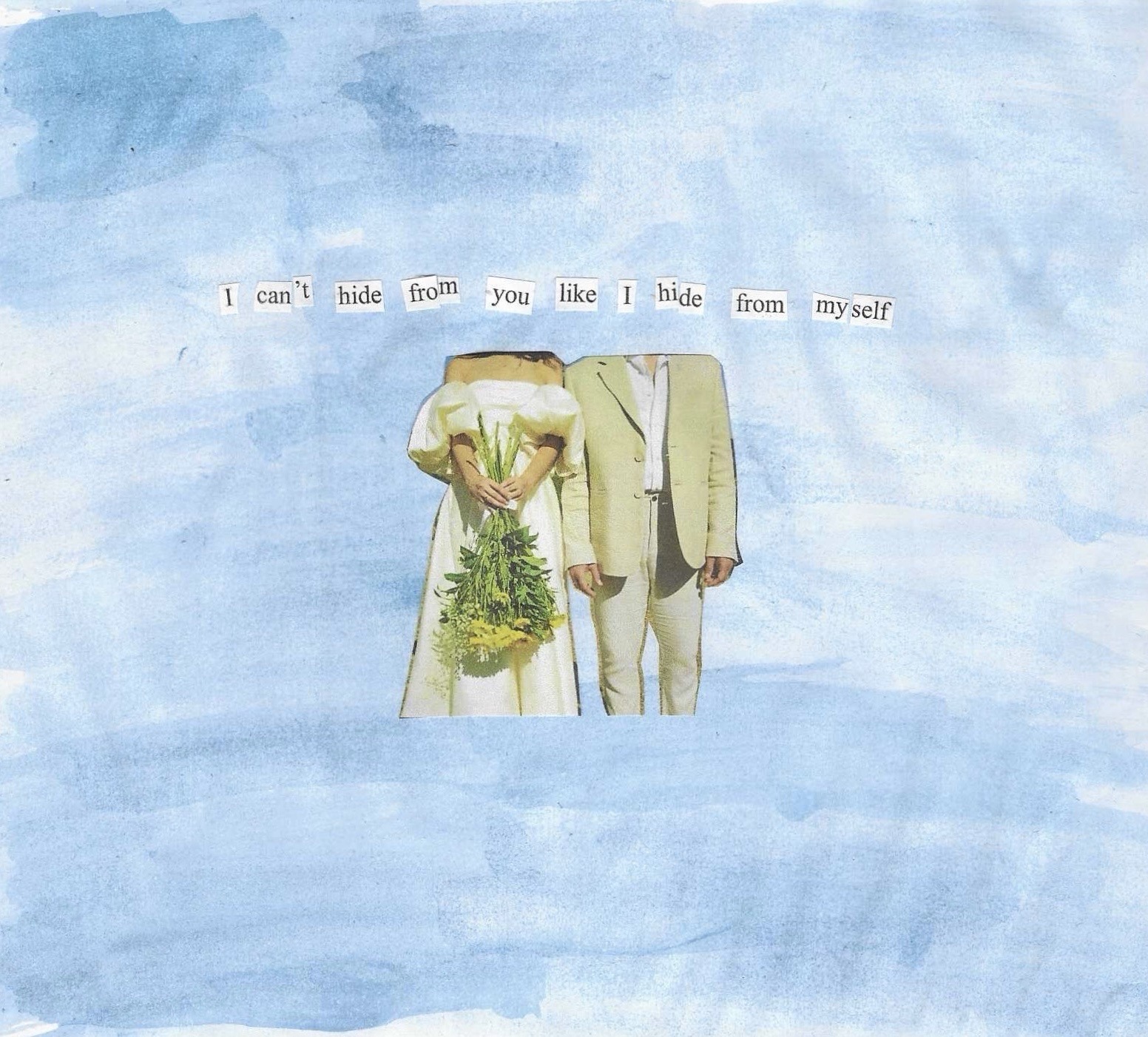






 undercover, autumn/winter 2017
undercover, autumn/winter 2017
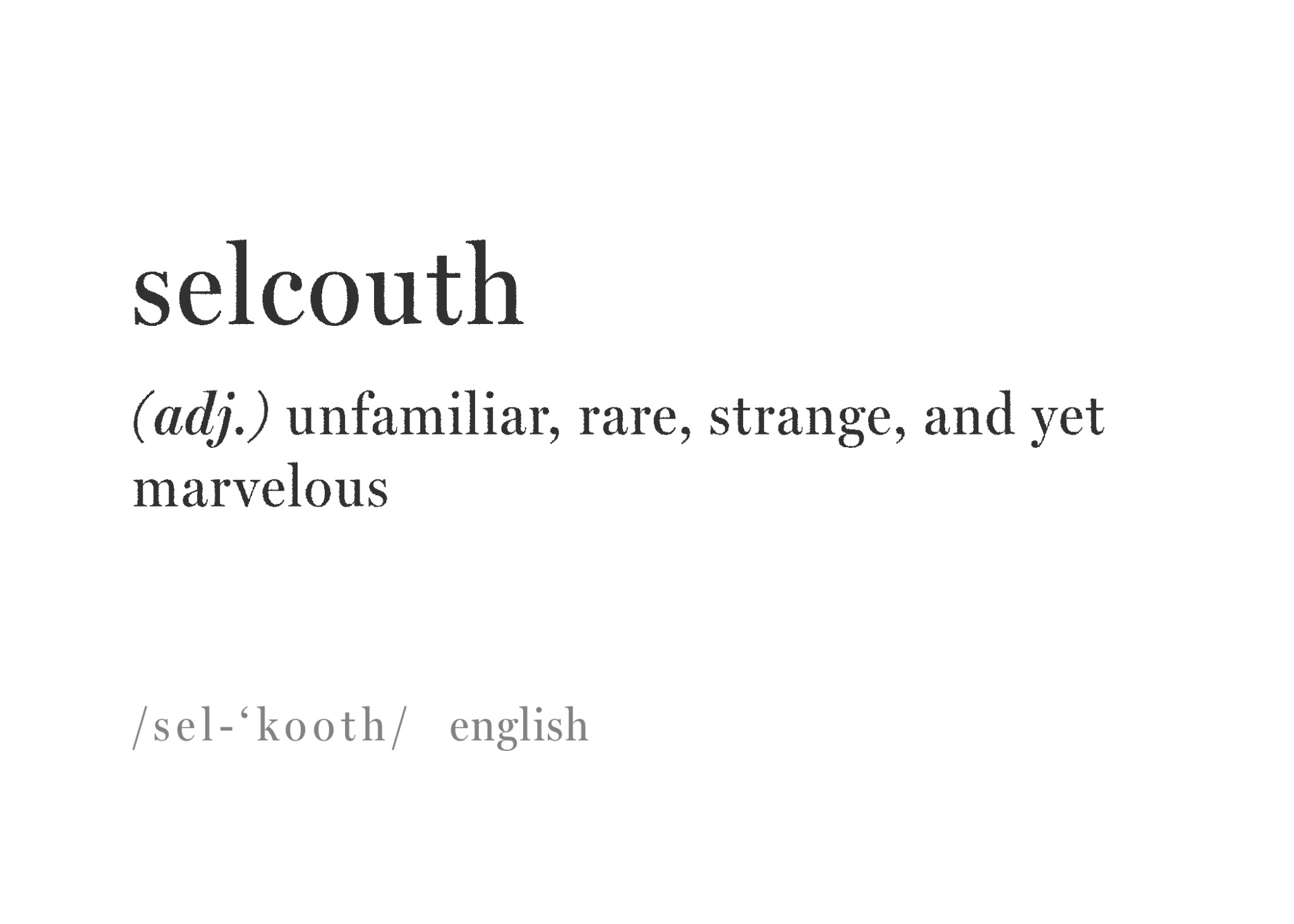
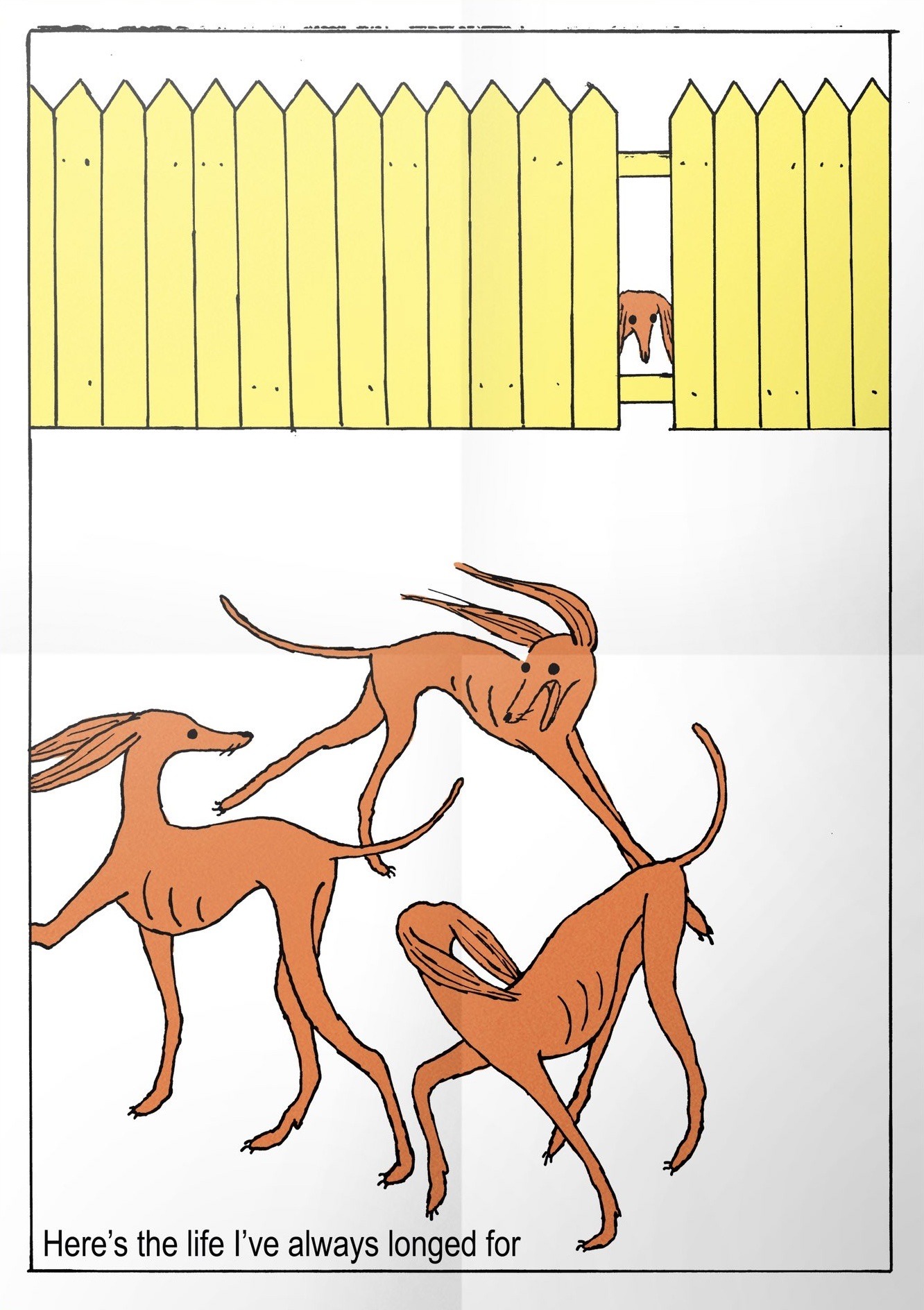
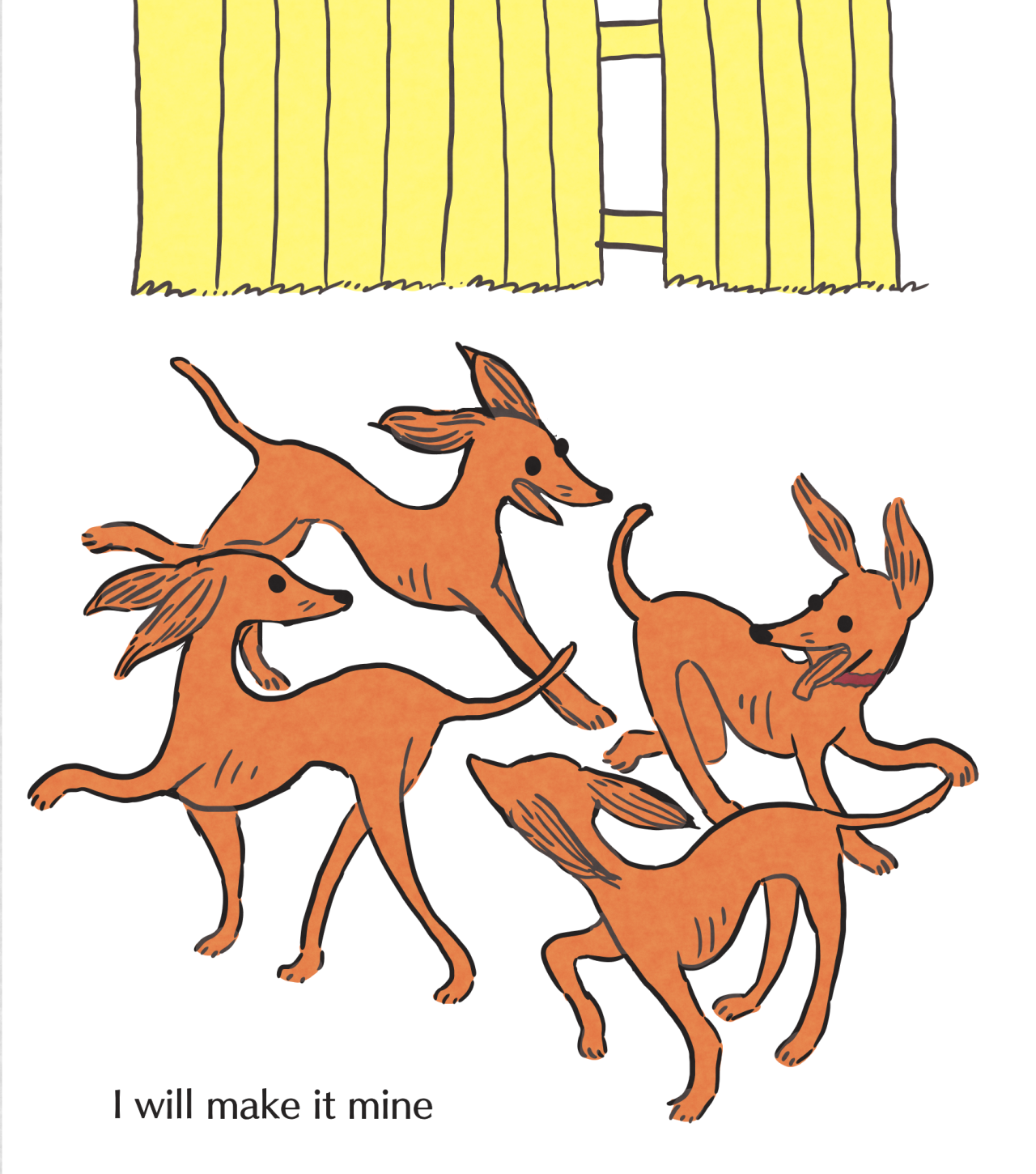 Anna Haifisch
Anna Haifisch